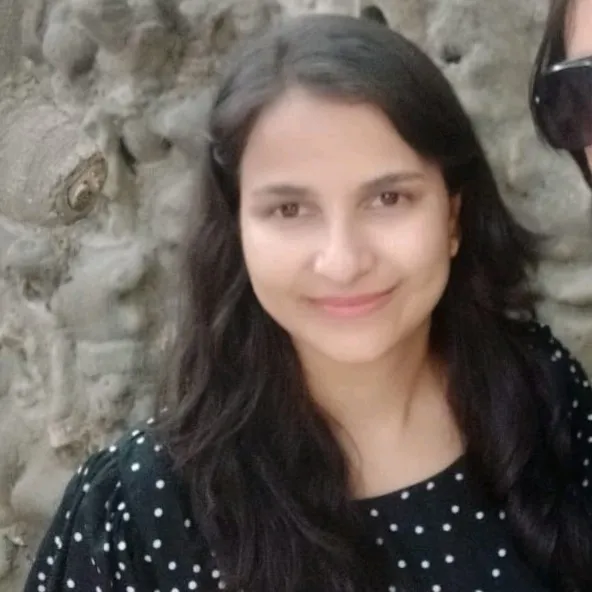To avoid falling into traps, understand the requirements of studying abroad in the country you are planning to study in (For example, if it is Canada, make it a point to learn about studying abroad in Canada, and the visa processes. the Canadian education system, and more. Plus, when you apply to universities or take additional help from consultants, be sure to check for the following details.
- Verify the authenticity of offer letters, fee receipts, and other documents. Research the issuing institutions and contact them if necessary. It’s not just a one-off case or just restricted to one country.
In the past several such instances have occurred where students were duped by the agents to submit false documents, such as the (in)famous 2009 Australian visa fraud and 2015 New Zealand visa fraud. Over 150 Indian students were deported in case of the latter.
- Use verified and trustworthy sources for study abroad assistance, such as reputable consultants, organizations, or platforms like Yocket.
- Verify the credibility of your counsellors by checking out their reviews on Google, Trustpilot, YouTube, Quora, Reddit and other such public forums. Try to find their alumni via LinkedIn or Yocket and speak with them to get their honest opinion.
- Keep the relevant authorities, such as the Canadian government, updated on any changes in your study plans, including changes in colleges or programs.
- It’s not always the agents who are to be blamed. Sometimes the college or university itself can turn out to be fraudulent, such as the Tri-Valley University, US (2011), London School of Science and Technology, UK (2012) or Eden College, Ireland (2014).
When these colleges come under the radar of local authorities, they can get banned or shut down almost overnight, leaving international students in a fix and may even lead to deportation. So definitely double-check the university’s credentials before making the decision to enrol.
- Don’t be in denial and cut corners. These things can happen to anyone regardless of how knowledgeable they are. Always, always, always be vigilant as this can have a big impact on your career.
Say no to “jugaad”. Indians love jugaad and it may help us navigate certain systems on home turf, but it’s a strict no-no globally.
- Speak with students and alumni - Nothing beats the experience of past students, seniors and current students. Connect with them to get insights about the universities, the study abroad process, career opportunities, and more.
You can do so using Yocket Connect, where you’ll find more than a million aspirants, alumni and mentors who are living or have lived the study abroad experience.
Explore Yocket Connect
Nevertheless, the simplest way to avoid these traps is to be clear in your own head about your intentions for going abroad. If you are going as a student, education should be the main focus.
You are going there to get a world-class education and global exposure first. Great career opportunities will obviously follow if you get into a good university and a program and give your best during the course.
However, if you are just using the education route as a means to enter a country, or planning to study abroad for all the wrong reasons, you are that much more gullible to any kind of fraud. Your own greed will prevent you from seeing the difference between right and wrong.
Agent vs. Counsellor
When it comes to deciding whom to seek help for your applications, there’s an inherent difference between an agent and a counsellor. And most study abroad aspirants and their parents don’t know about it.
An "agent" often works on behalf of specific educational institutions, seeking to enrol students in their programs for a commission. Their interests may not always align with the best interests of the students. In most cases, an agent won’t charge you.
“If You're Not Paying For It, You Become The Product” - While we are not sure whether to attribute this to Tristan Harris, Steve Jobs, or Andrew Lewis, we definitely hard-relate with this quote.
We Indians generally don’t like to pay for services out of pocket but are often okay if the service provider makes money as a commission. And while that may work well in many other cases, this is about your education, your career, and your future.
In contrast, a "counsellor" provides unbiased guidance and advice, helping students choose the right study path based on their needs and goals. A counsellor prioritizes the well-being and success of the students above all else.
Unfortunately, the majority of the players in the market are “agents”. And of course, it doesn’t mean that all of them are fraudulent.
But as a prospective student, it is your responsibility to do your own due diligence. Be sure of who you hire to do your application process.
P.S.: In case you didn’t get it, Yocket is purely a counselling platform and not an agent. We are a student-first organization, which is why we charge students for counselling rather than depending on the university commissions for our revenues.








